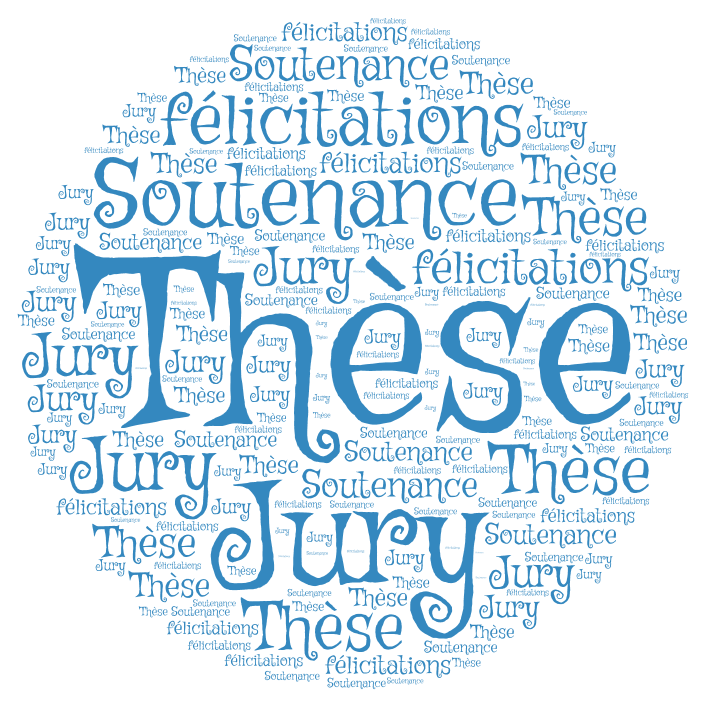
Doctorate thesis defense on September 14th 2024 at 10H00 AM ,in Amphitheater Ibn Kholdoun, SUP'COM 2.
Entitled :Artificial intelligence for generic equalizer definition and conception
Presented by :Chouaib Farhati
|
President |
Pr. Sadok El Asmi |
SUP'COM, Tunisia |
|
|
Reviewers |
Mc. M’Hamed Bilal Abidine |
USTHB, Alger |
|
|
|
Mc. Ridha Ejbali |
FSG, Gabés, Tunisia |
|
|
Examiner |
Pr. Soumaya Hammouda |
FSB, Bizerte, Tunisia |
|
|
Supervisor |
Pr. Fatma Abdelkefi |
SUP'COM, Tunisia |
|
|
Co-supervisor |
Dr. Souahail Fki |
ENSTAB, Borj Cerdria, Tunisia |
|
During a wireless transmission, the receiver captures multiple versions of the transmitted signal due to multipath propagation. This phenomenon leads to intersymbol interference (ISI). To minimize transmission errors, it is crucial to eliminate this intersymbol interference at the receiver before processing the received data. The literature lists various strategies to overcome this challenge, including channel estimation and equalization. Moreover, the high-power amplifier (HPA), a crucial component in most communication systems, introduces non-linearity into the transmitted data. To correct this non-linearity, two main approaches are used : linearization on the transmitter side or post-distortion on the receiver side. Post-distortion can be implemented using either a supervised method or a blind method. The main goal of this thesis is to develop a generic equalizer based on deep learning, designed to mitigate both inter-symbol interference caused by multi-path propagation and non-linearity induced by the high-power amplifier (NL-HPA). In this thesis, our focus is on generic blind equalization criteria. These criteria are divided into two main categories. The first exploits the higher-order statistical properties of the received signal, while the second relies on adjusting the probability density. Furthermore, numerous studies have demonstrated that the category based on probability density adjustment outperforms the first in terms of performance. Hence, we have chosen to concentrate our efforts on criteria based on probability density adjustment for the development of our contributions in the context of this thesis. Additionally, artificial intelligence, particularly neural networks, serves as a powerful and well-suited tool for signal processing. Therefore, we focused ou thesis work on neural networks trained with criteria based on probability density adjustment. Four main effective contributions have stemmed from this doctoral thesis. The first one involves creating a blind equalizer that utilizes both a neural network and the probability density adjustment criterion. This equalizer is designed to eliminate ISI in both single-carrier and multi-carrier communication systems. The second contribution also introduces generic equalizer which relies on a neural network as well as a new multi-criteria cost function based on probability density adjustment to mitigate ISI. This generic equalizer has been tested in both single-carrier and multi-carrier scenarios.
The third contribution involves a blind receiver that, building upon the techniques outlined in the first contribution, simultaneously eliminates ISI and the non-linearity effects induced by the high-power amplifier in a single-carrier communication system. Finally, the fourth and last contribution introduces a generic receiver that applies similar methods to address both challenges: ISI and NL-HPA encountered in a single-carrier context. Each of these contributions aims to enhance the quality of reception in communication systems by addressing specific issues related to inter-symbol interference and non-linearity, using advanced machine learning approaches.
Wireless transmission, Channel equalization, Blind equalization, Neural network, Power amplifier, Post-distortion.
Maintenant, allez pousser vos propres limites et réussir!